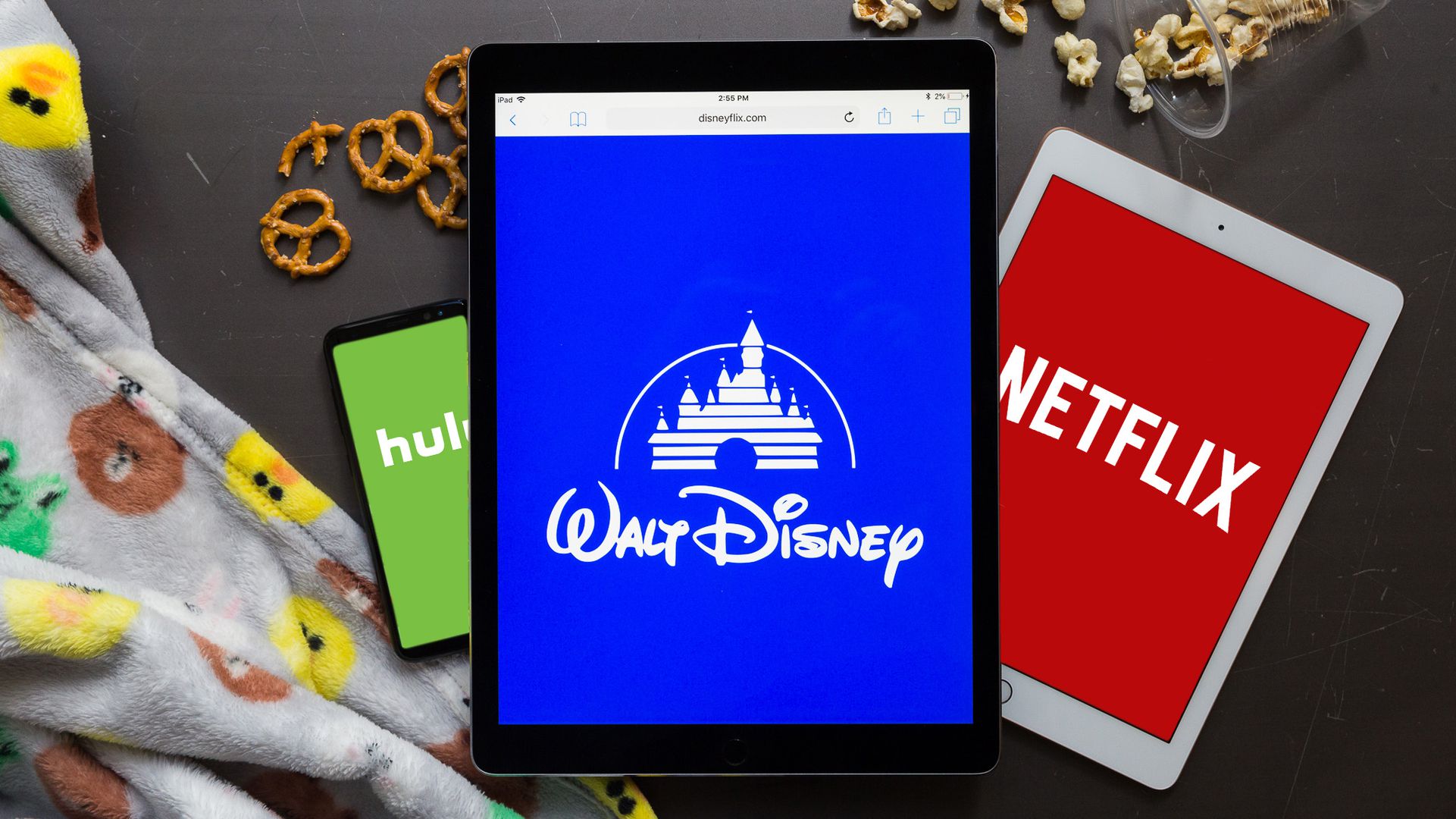The Gryphon discusses the implications of Disney and Warner Bros creating independent streaming services…
Competition has been steadily increasing in the streaming services industry for the past few years. However, 2019 looks to be a defining and possibly tumultuous year for Netflix as much of their most viewed and iconic content could be coming under threat: Disney and Warner Bros are both set to move into the streaming game with their respective platforms set to launch with original and classic content.
Netflix is set to lose the full range of Disney films including the Star Wars franchise, Marvel content and Pixar films, as well as famous Warner Bros assets such as the show ‘friends’, as Warner Bros prepares to launch its own service. Warner Bros will have a range of content to draw upon to create a competitive library that looks set to rival that of Netflix, if not surpass it. Their iconic titles range from the Harry Potter films to the Looney Tunes cartoons and the aforementioned, addictive and binge-able ‘friends’, one of the highest ratings scoring shows in American TV comedy history.
Viewers will now face offers from multiple entertainment companies in a populous marketplace. The loss of iconic content for Netflix may be a serious problem for the company unless a deal can be reached to retain the content- which currently looks very unlikely. Furthermore, Netflix’s own original content must continue to have successful hits like Stranger things and Master of None. However, these titles debatably lack the same resonance as the content produced by Warner Bros and Disney.
John Stankey, the CEO of WarnerMedia announced at the Vanity Fair New Establishment Summit in Los Angeles how HBO will front the Warner Bros streaming, both subsidiaries of WarnerMedia. Stankey expanded on the move in his talk by stating that:
“This is another benefit of the AT&T/Time Warner merger, and we are committed to launching a compelling and competitive product that will serve as a complement to our existing businesses and help us to expand our reach by offering a new choice for entertainment with the WarnerMedia collection of films, television series, libraries, documentaries and animation.”
The rivalry between superhero content owned by and affiliated to Marvel and that of DC also looks to be extended into the realm of streaming as well as that of films and comic. This is since DC is owned by Warner Bros and most of the original programming on the Warner Bros platform looks set to be DC content such as a Harley Quinn series, a third series of Young Justice and a series based on Swamp Thing.
Disney too, possibly the heaviest of heavyweights in world entertainment content production, is preparing to take on Netflix in the arena of on-demand content. The establishment of a Disney streaming service is billed as the company’s biggest priority for 2019 and it’s easy to see why with the need to both compete with services such as Netflix, Hulu, Amazon Prime Video and continue their consistent business growth. What may serve as a hammer blow to Netflix most of all is that Disney plans to undercut Netflix in how much they charge. However, a caveat to this is that Disney will have less choice on their platform, Bob Iger, CEO of the Walt Disney Company explains that whilst Disney has not confirmed the price package of their upcoming product that “I can say that our plan on the Disney side is to price this substantially below where Netflix is. That is in part reflective of the fact that it will have substantially less volume.”
Netflix has been at the forefront of the development of streaming services being one of the first companies in 2007 to recognise the potential of this form of media, increasing tenfold in their overall company worth since then, now being given a market capitalisation value of £152.7 billion by Forbes in 2018, just slightly ahead of the £152.3 billion attributed to Disney. The test now for Netflix is how to maintain their media empire and whether or not they can deal with their loss of content originally produced by other studios and companies. Finally, whether they can still maintain their competitive pricing structure when other platforms are looking to undercut and challenge them.
Jack Bailey

